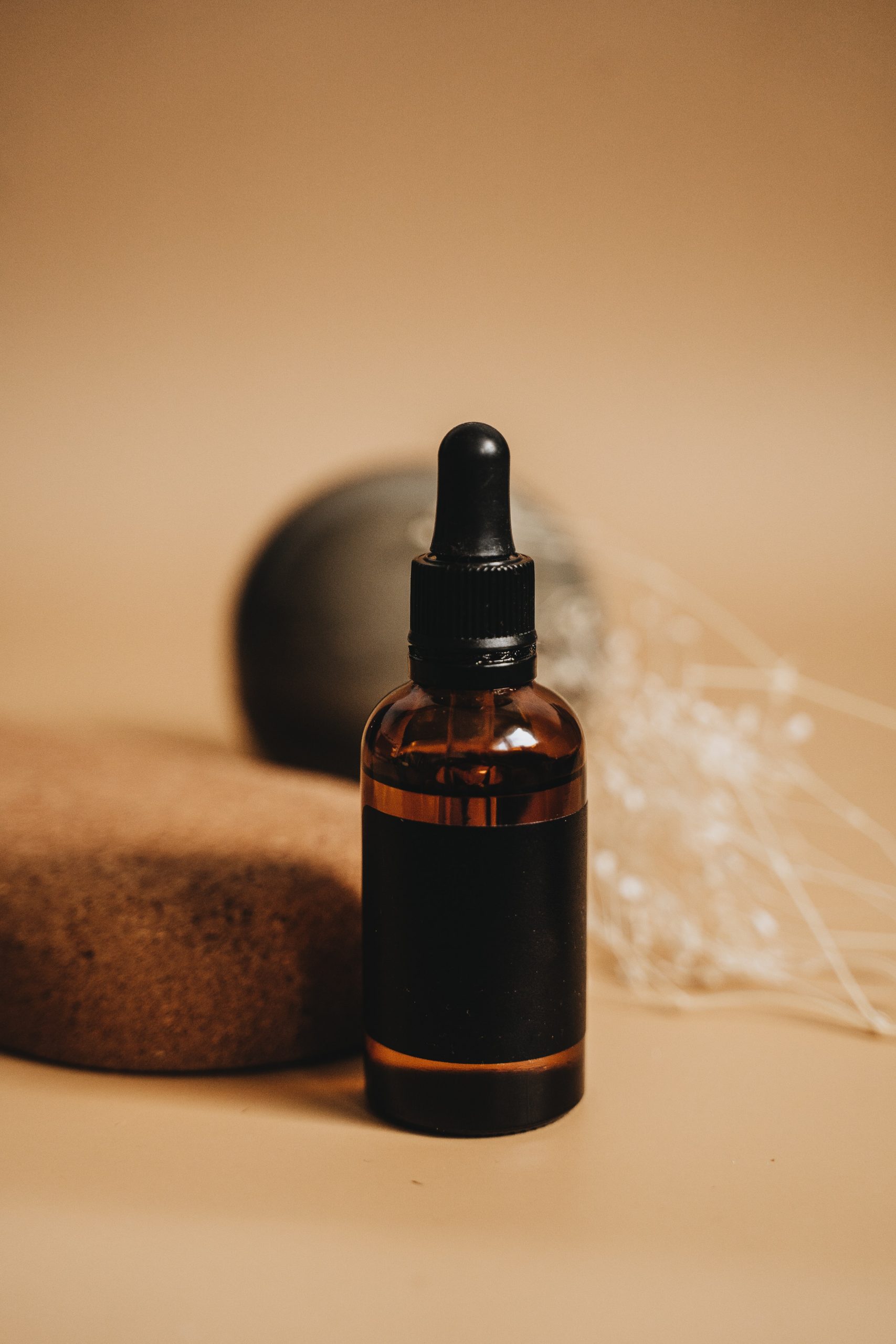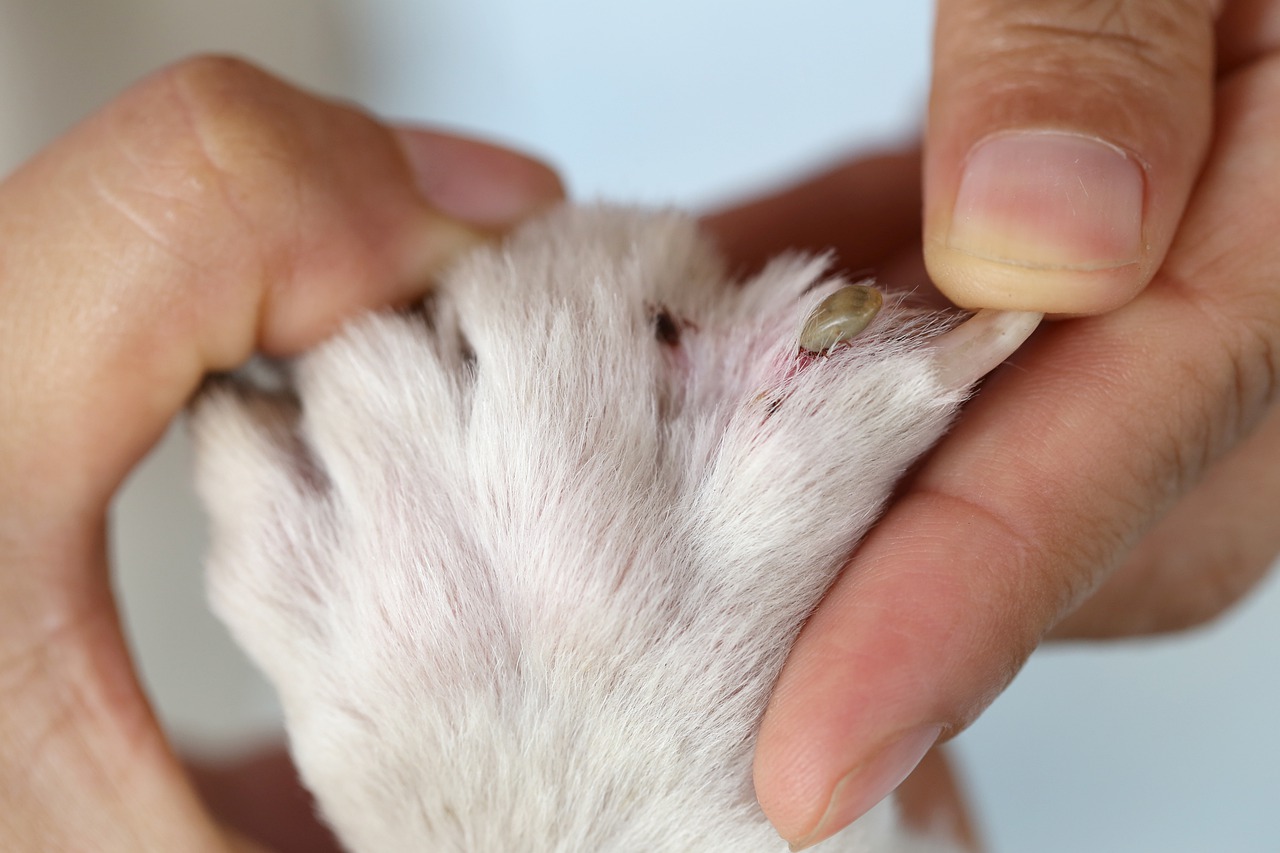Safe Essential Oils for Pets: A Comprehensive Guide
In this article, we are exploring pet-friendly essential oils and learning how to use them responsibly for the well-being of your furry companions. We dive into specific issues pets face, and discover how carefully chosen oils can offer natural solutions for anxiety relief, flea prevention, and maintaining a fresh-smelling environment.
Understand the importance of proper dilution, application methods, and safety measures when incorporating essential oils into your pet care routine. Ensure a positive and beneficial experience for your pets.

Is Your Pet Suited to Essential Oils?
Using essential oils for healing and rejuvenation has become increasingly popular among pet owners. While essential oils have the ability to be helpful for some pets, it is important to exercise caution and to understand the unique needs for each animal. Some pets may not be able to tolerate essential oils, and their use can be harmful. In fact, birds are highly susceptible to severe respiratory reactions from essential oils, and their use should be avoided altogether.
Cats are another animal that requires special consideration when using essential oils. While some oils, such as frankincense for ear mites and cardamom for respiratory troubles, are recommended by some purveyors, veterinarians advise against their use. Essential oils are too “hot” for cats and can cause skin irritation or even liver damage. A cat’s liver is more delicate than that of humans or other animals, and it takes up to 48 hours for the liver to process and eliminate the oils. This can lead to a dangerous build-up of toxins.
For those pets that can tolerate them, essential oils may be a valuable tool in promoting health and wellness. For example, dogs are more suited for the use of essential oils. However, it is important to dilute the oils before use. Massage essential oils into the dog’s skin using a carrier oil, or a diffuser can be used to allow the dog to breathe in the oils. A mister can also be used to spray the oil in areas where the dog lies.
Dogs with Common Health Issues
Essential oils might help dogs suffering from arthritis or vomiting. Juniper, pine, rosemary, and birch oils can provide relief for arthritis, while lavender oils can help with vomiting. For dogs with hot spots, Melrose and lavender oils can help clean the wound and reduce inflammation. It’s best to speak to your vet, prior to using.

Essential Oils for Dogs with Anxiety
Many dogs suffer from anxiety, whether it’s due to separation, thunderstorms, or other triggers. While there are medications and behavioral training methods available, some pet owners prefer to use natural remedies like essential oils for calming anxiety. It’s important to remember though that they are not a cure-all solution. Every pet is different, and what works for one may not work for another. It’s also crucial to use high-quality, pure essential oils and to dilute them properly before use. There are a number of oils that may be toxic to dogs, so it’s important to do your research and speak to your vet before using them.
Dogs and Cats with Fleas
Essential oils are able to be used to repel fleas on dogs and cats. Some of the most effective essential oils for this purpose include lavender, lemongrass, and eucalyptus. These oils can be diluted with a carrier oil and applied to the pet’s fur or added to a spray bottle with water and sprayed onto the pet’s coat.
However, it is important to note that some oils are toxic to cats, so it is important to chat to your vet before using any essential oils on cats.
Dogs with Odor
Essential oils have the potential to eliminate odors on dogs. Some of the most effective essential oils for this purpose include lavender and lemon. These oils can be added to a spray bottle with water and sprayed onto the pet’s coat. They can also be added to a diffuser to eliminate odors in the home.
However, it is important to note that some oils can be toxic to dogs, so it is important to speak to your vet before using any essential oils on dogs.
Frequently Asked Questions
Q: What Essential Oils are Safe to Diffuse Around Dogs and Cats?
Not all essential oils are safe for pets and some can cause allergic reactions, respiratory problems, and even liver damage. Essential oils safe to diffuse around dogs and cats include lavender, chamomile, frankincense, and cedarwood. However, it is important to use them in moderation and always dilute them properly.
Q: What Essential Oils Are Safe to Burn Around Dogs?
There are some essential oils safe for dogs when used properly and these include lavender, chamomile, frankincense, cedarwood, and ginger. These essential oils may help to calm dogs, reduce anxiety, and alleviate pain. However, it is important to use them in moderation and always dilute them properly.
Q: Is Lavender Essential Oil Safe for Dogs?
When appropriately applied, lavender essential oil is deemed safe for dogs and can help to calm them, reduce anxiety, and alleviate pain. However, it is important to use it in moderation and always dilute it properly.
Q: Is Eucalyptus Oil Safe for Dogs?
Eucalyptus oil is not safe for dogs. Eucalyptus oil can cause respiratory problems, allergic reactions, and even liver damage in dogs. It is important to avoid using eucalyptus oil around dogs.
Q: Is Peppermint Oil Safe for Dogs?
Peppermint oil can cause gastrointestinal problems, allergic reactions, and even liver damage in dogs. It is important to avoid using peppermint oil around dogs.
Q: What Essential Oils Calm Pets?
Lavender essential oil is known for its calming properties and is safe to use around pets when diluted with a carrier oil, such as coconut or olive oil. The recommended ratio is one drop of essential oil to one tablespoon of carrier oil. Chamomile essential oil is also known for its calming properties and is safe to use around pets when diluted properly. Essential oils should also never be applied directly to a dog’s skin or ingested.
Q: What are some natural calming scents that can help my dog with anxiety?
Lavender, chamomile, and valerian root are all natural scents that have been shown to have a calming effect on dogs.
Q: Can aromatherapy be effective in calming my dog?
Aromatherapy can be effective in calming dogs with anxiety, but it is important to use high-quality essential oils and to follow proper dilution and application methods. It is also important to note that aromatherapy should not be used as a substitute for professional veterinary care.
Q: What is the best way to apply essential oils to my dog for anxiety relief?
Essential oils may be applied to a dog’s collar or bedding, or they can be diffused in a room. It is important to avoid applying essential oils directly to a dog’s skin or fur, as this can irritate.
Q: Can any essential oils pose risks for dogs with anxiety?
Yes there are – examples include tea tree oil and peppermint oil – these oils should be avoided. It is important to research each essential oil before use and to consult with a veterinarian if unsure.
Q: Is there a specific essential oil blend or diffuser that is recommended for dogs with anxiety?
There is no one-size-fits-all essential oil blend or diffuser for dogs with anxiety, as each dog may respond differently to different scents. It is important to experiment with different oils and diffusers to find what works best for your individual dog. It is recommended that you avoid burning the following oils due to toxicity issues to dogs:
- Tea tree
- Pennyroyal
- Pine
- Eucalyptus
- Citrus (including lemon, orange, lime, and grapefruit)
- Cinnamon
- Sweet Birch
- Wintergreen
- Ylang Ylang
- Peppermint
Q: What essential oils are toxic to cats?
Toxic oils for cats include but are not limited to:
- Cinnamon
- Citrus
- Clove
- Eucalyptus
- Lavender
- Oregano
- Pennyroyal
- Peppermint
- Pine
- Sweet birch
- Tea tree
- Thyme
- Wintergreen
- Ylang ylang
Q: What essential oils are toxic to dogs?
Toxic oils for dogs include, but are not limited to:
- Anise
- Cinnamon
- Citrus
- Clove
- Garlic
- Juniper
- Pennyroyal
- Peppermint
- Pine
- Sweet birch
- Tea tree
- Thyme
- Wintergreen
- Yarrow
- Ylang ylang





















